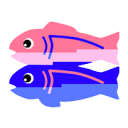This week's best things
Floppy disks as shelf space, WCAG in plain English, designing for limited English, a moody global radio stream, weather apps hurting UK tourism, and Disney’s churros beating streaming. Plus jobs, a joyful viral harmonica group, and tools to rethink time and knowledge.

How long is my data?
"Programmers measure data in bits and bytes, but if you work in a library you know there are better units. We measure things by length – as in, how long are the shelves you need to store something.
If you wrote all your data to a series of 3½″ floppy disks, how many shelves would you need?"
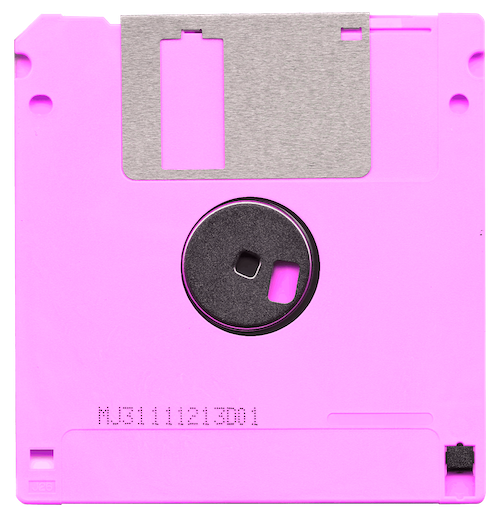
Mapping digital project types in the arts and culture sector
My pal, Chris Unitt has shared some useful thoughts on the different categories of digital project in the cultural sector.
"one day it dawned on me that people, for whatever reason, were just calling fairly run-of-the-mill projects 'transformations'
But from my experience, there were all sorts of digital projects out there. And that got me thinking that you could describe them in different ways. For instance:
- broad or narrow in scope
- reactive or proactive
…and that maybe that was a useful way to start thinking about these things.
In this post, I want to focus on project scope.
Because not all digital projects are created equal. You can plot them on a broad spectrum of complexity, risk, and organisational impact."
I think that the work that Chris shares in this article about types of project, used alongside the thoughts I shared recently on describing the different types of focus provide a useful and specific set of terms and ideas for talking about most types of digital work.

WCAG in Plain English
Spotted via the Digital Culture Network, a super-useful resource from AAArdvark.
A clear explanation of every WCAG (Web Content Accessibility Guidelines) criteria. Does exactly what it says on the tin, "This is a beginner-friendly guide, not a replacement for the official WCAG."
If you want to get a clear, practical understanding of what the various WCAG success criteria mean, have a read.

Designing content for people with limited English
More on plain English, I spotted this via Iain Broome's newsletter. Guidance from the UK Government's GDS on designing content for people with limited English.
The post, from Sarah Lombardi, a Principal Content Designer at the Home Office, is a good read.
It contains some clear, practical advice, it maybe be worth reflecting on which words your organisation regularly uses that might not make sense to everyone you hope to speak to:
"Reading and understanding information is much slower if you have limited English.
People may interact with the Home Office at stressful times in their life, which already affects comprehension. Research has also shown that long and technical content makes people anxious.
This makes the use of clear language really important.
And though you already do this across all your services, you may have to be even plainer than you think. Here are some words we have discovered limited English speakers find hard to understand:
- deadline
- get in touch
- partner
- dependant"

Astronaut.io
A random assortment of human life.
"Today, you are an Astronaut. You are floating in inner space 100 miles above the surface of Earth. You peer through your window and this is what you see. You are people watching. These are fleeting moments.
These videos come from YouTube. They were uploaded in the last week and have titles like DSC 1234 and IMG 4321. They have almost zero previous views. They are unnamed, unedited, and unseen (by anyone but you)."
Introducing the new Guardian app and homepage
The Guardian has the most visited news website on the internet, and this week they launched a redesign of the homepage, and their app.

Antilibrary
"In my short time on this spinning rock, I’ve gleaned that true expertise is not about the accumulation of answers. It is a disciplined curiosity about open questions.
And yet, most professional environments reward closure, not exploration. Mastery is prized. Ignorance is hidden. In the nonprofit and social change sectors especially, there’s enormous pressure to present as certain, definitive, and prepared."
This certainly rings true. When I have been in leadership roles the hardest thing to do was to be unsure, to be able to say 'I don't know'. The pressure to present certainty felt pretty unavoidable and overwhelming.
So the idea in Adam Thomas's newsletter felt useful. The Antilibrary: "An antilibrary deliberately maps unknowns (both personal and collective!) offering a constant reminder that the most important work lies not in defending what you know, but in navigating what you don’t."
Adam describes how it might work in an organisational context:
- Visible ‘to-learn’ lists. Track emerging fields, gaps, and adjacent movements—and revisit them during strategy cycles.
- Open, unfinished learning spaces. Create forums where staff share resources or questions they’re exploring, without needing to ‘master’ them first.
- Plan from questions, not only data. Begin strategic discussions by identifying uncertainties, not just extrapolating trends from a futurist’s latest LinkedIn carousel.
- Fund speculative learning. Allocate time and budget, where possible, for exploration unconnected to immediate outputs. Ask funders to support this. (Their response may surprise you!).
The Nightly Radio
I love this, sitting squarely in the 'curated weirdness' quadrant of my interests, this is a constant stream of (mostly fairly obscure) music that you can tune into.
"Having belatedly discovered that most of our musical heroes are, confusingly, all but unknown, we’ve taken it on ourselves to build them their own doleful little museum. This takes the form of a sort of “numbers station” of songs, an endless, unalterable sequence of ballads & dirges that can be heard anywhere in the world at any time of day or night. [...]
The specialty of the house is a sort of twilit melancholia — moody & sweetly elegiac, avoiding anything overly bleak, morbid or jarring. We confine ourselves mostly to the mid-20th century — 1930 to 1970, say — with occasional forays backward to harvest tribal lullabies or the glittering residue of the strange Old World. Even more rarely we go forward in time to admire those few stalwarts keeping the glum, spare tradition alive today.
To the weary traveler in their Tokyo hotel room, the dead-shift Pittsburgh bartender, the bored Uber driver winding along the rainy canals of Amsterdam, we offer an identical solace… gloomy, little-known songs from across the centuries and around the globe, each one heard by YOU, dear listener, in the exact same moment as your fellow insomniacs and lonely-hearts the world over. At least one new song is added every night. Currently the station has upward of 4000 numbers in rotation."
My one thought is that they could do a better/clearer job of making it feel like there are other people listening in at the same time, that's often a gap with these sorts of experiences.
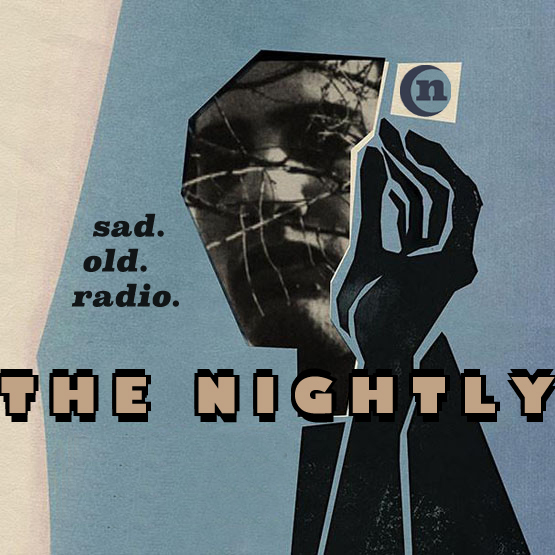
The demise of the analogue commercial art studio
The first piece in a new series from Rebekah Ford, talking about her experience working in a pre-internet art studio.
"Everything was done methodically by hand, delivered by hand, briefed in person, amended over the phone, late nights, early mornings. Everything was very tactile. Everything took more time even though deadlines weren’t flexible. There wasn’t another way. This was it. This was the most efficient and professional method of producing the work.
I thought I’d write about my recollection of this time; the strange machines, the different sounds, the constant flow of work. It’s been quite hard to find any visual material. A lot has not been documented and lost in time."
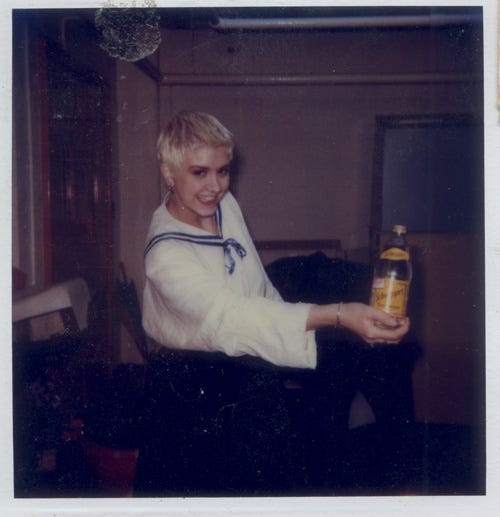
An Elaborate Mountainside Chicken Feed Monorail
No explanation required, just watch the video.

Why weather apps are quietly sabotaging UK tourism, and what needs to change.
The one big similarity between the UK and Sweden is how much everyone loves talking about the weather. But this post from Olly Reed at Navigate looks at the very real impact on tourism of an over-simplified interpretation of the weather.
"One major coastal attraction reported losing out on £18,000 in expected revenue across a single weekend due to a misinterpreted forecast. Multiply that across a sector of seasonal, weather-sensitive operators, and you've got a recurring loss that no AI-powered chatbot can explain away."
I'm not sure his impassioned plea for app designers to consider the impact on the tourism industry is going to change things fast (more than anything it's not just a UX problem, it's a human motivation / perception / behaviour issue), but it's an interesting read.
"It's time weather apps stopped prioritising neatness over nuance. It's time we stopped treating a single drop of midnight rain as a reason to cancel a Saturday. It's time for the people designing our daily weather experience to think beyond convenience and toward consequence."
Although perhaps a more Swedish approach to being outside could help, they have a saying here, "det finns inget dåligt väder, bara dåliga kläder" (there's no such thing as bad weather, just the wrong clothes).
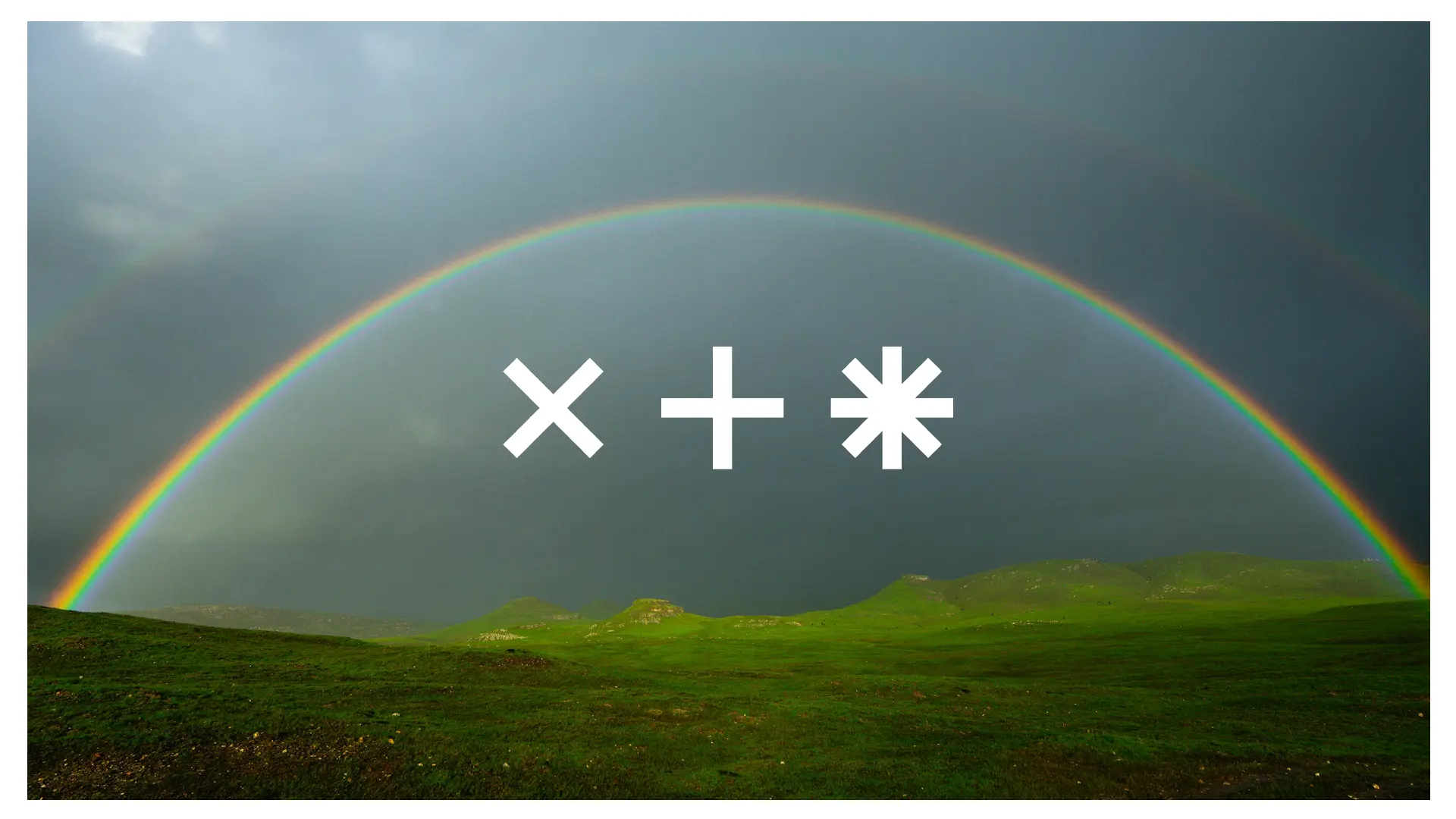
1000 minutes in a day
An interesting way of thinking about your time from Jeremy Connell-Waite.
He proposes the 1,000 minutes we have available each day ("The average person sleeps 7 hours 20. - So we're awake 16 hours 40 each day. - That's 1,000 minutes.") could be chunked into 100 ten-minute blocks and shares a day-planner that could help you use that framing.
It might feel like un-manageable overkill, but I do find it interesting to think differently about how you break your day up.

KindSpace
A random generator of kind messages - from developer, Akshara Dash.

How a group of Korean harmonica players captivated the world
A band of hanbok-wearing, harmonica-playing Korean women. Joyous.

Is Selling Churros a Better Business for Disney Than Streaming?
I saw this factoid this week and couldn't believe it was true, but yep Disney+ really is that unprofitable.
I suppose it's also a good reminder that short-term dollars and cents aren't the only ways to think about value.

Vacancies
- Senior Content Manager - Sadler's Wells - London, UK - £42,500 - deadline 18/05/25
- Strategy Principal Consultant, Change & Transformation - Manifesto - UK - £65,000 to £75,000
- Digital Project Manager - D&AD - Hybrid/London, UK - £34,000 to £38,000 - the deadline has passed but folks at D&AD were still actively advertising it on LinkedIn this week
- (normally I don't share jobs that don't publish a salary but this looks intriguing) Creative Technologist - LEGO - Billund, Denmark
This week's consumpion
We're watching season 4 of Hacks and it's just as brilliant as the previous three seasons.
I'm reading The Best Place to Work by Ron Friedman, it has some interesting sections looking at the importance of failure.
I was listening back to my 'liked songs' on Spotify this week and rediscovered this gem, You Would Have to Lose Your Mind by The Barr Brothers.
And also this enjoyably weird one from Anna B Savage, Since We Broke Up.
See you next week
Thanks for reading all the way to the end. Please enjoy this very silly and over the top website for wine brand, Scepter and Sword.
To finish, a quick reminder that I'm a consultant who helps cultural organisations do better digital work - if it sounds like I could be useful, then let's chat.
